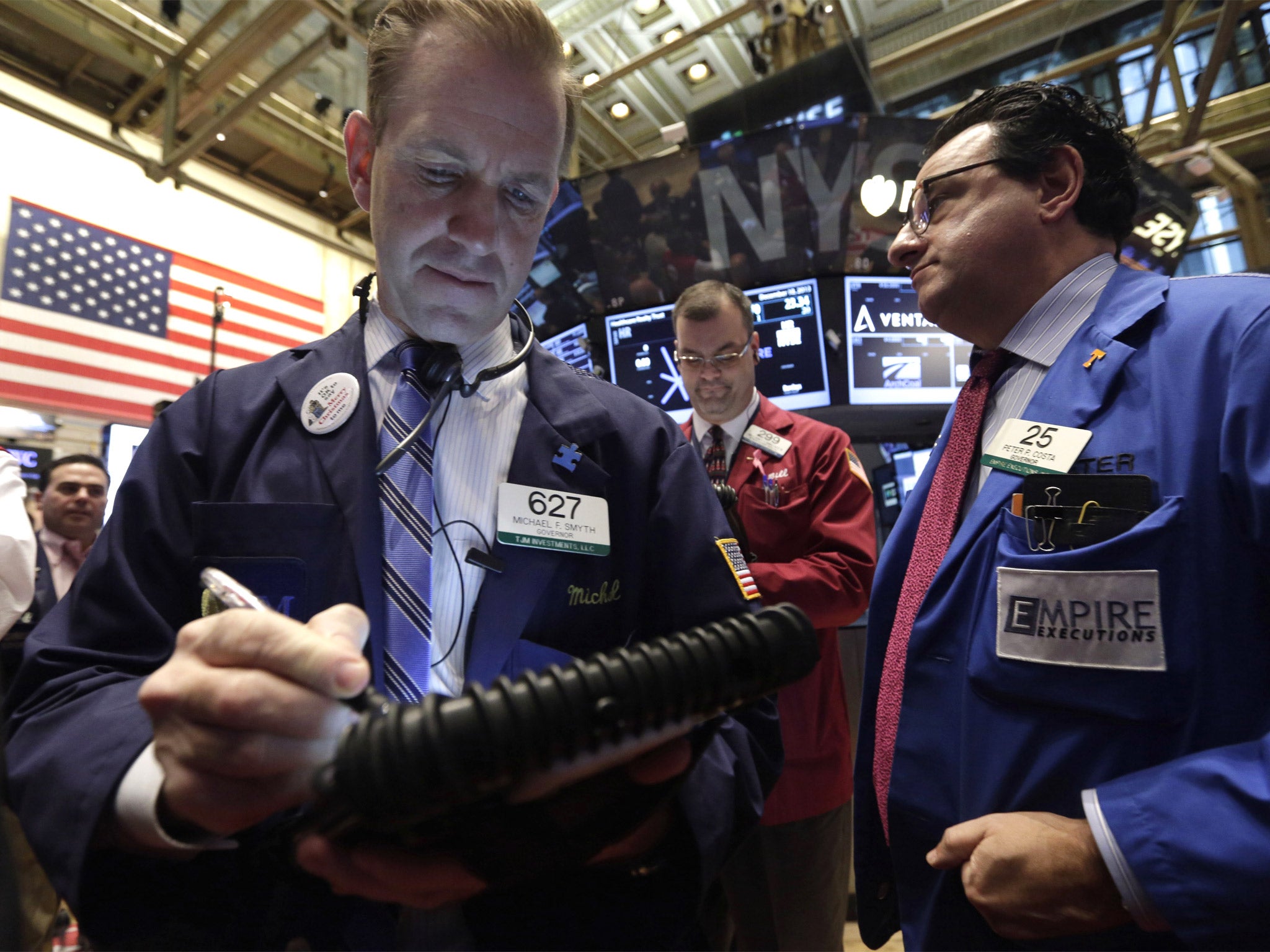First step to recovery: US Federal Reserve announces $10bn reduction in its stimulus measures
America's central bank acts after two year budget deal was recently agreed in Congress - removing the threat of another government shutdown in the near future

After hesitating for months, the US Federal Reserve has taken its first step in the process of weaning the world's largest economy off the extraordinary stimulus measures put in place to help it survive the financial crisis and recover from the recent recession, announcing a $10bn reduction in its bond buying programme.
From January, America's central bank will purchase $75bn worth of government- and mortgage-related bonds every month, down from the current pace of $85bn, reducing the scope of its third round of asset purchases as the US economy shows signs of recovery.
American firms added 203,000 jobs over November, while the unemployment rate dropped to 7 per cent. The economic outlook has also been helped by the two year budget deal recently agreed by Democrats and Republicans in Congress. The deal staves off the threat of another government shutdown in the near future.
Although negatives remain - part of the drop in joblessness has been down to people exiting the labour market, inflation is lodged well below the Fed's target, and Washington could yet damage the economy when the two parties debate the debt-ceiling next year - the central bank said that its decision was motivated by the “the cumulative progress toward maximum employment and the improvement in the outlook for labor market conditions.”
At the same time, the Fed's policy-setting Open Market Committee said it expected interest rates to remain near to zero “well past the time that the unemployment rate declines below 6.5 percent, especially if projected inflation continues to run below the Committee's 2 percent longer-run goal.” The Fed's preferred index for consumer inflation showed a reading of just 0.7 per cent, or less than half the Committee's, for the twelve months to the end of October.
The Fed's decision, which triggered a rally on US markets, followed a sudden fall in UK unemployment to 7.4 per cent that caught financial markets off guard, sending the pound up more than a cent against the dollar and the nation's benchmark cost of borrowing for 10 years up to 2.91 per cent, the highest since September.
Minutes of the Bank of England's Monetary Policy Committee expressed concern over the rising pound, which is 9 per cent higher than its March trough. The minutes warned: “Any further substantial appreciation of sterling would pose additional risks to the balance of demand growth and to the recovery.”
The sharp fall in unemployment also increases the chances that the jobless rate will hit the Bank's 7 per cent threshold for considering interest rate rises much earlier than expected. Last month the Bank forecast 7.6 per cent unemployment in the current quarter, well above the current level, and predicted that it would not hit the 7 per cent mark until the second quarter of 2015.
The Bank was also expecting a sharp recovery in productivity among existing workers to keep unemployment higher. The figures suggest less slack in the economy, which could lead to wage pressure re-emerging more quickly.
Subscribe to Independent Premium to bookmark this article
Want to bookmark your favourite articles and stories to read or reference later? Start your Independent Premium subscription today.

Join our commenting forum
Join thought-provoking conversations, follow other Independent readers and see their replies